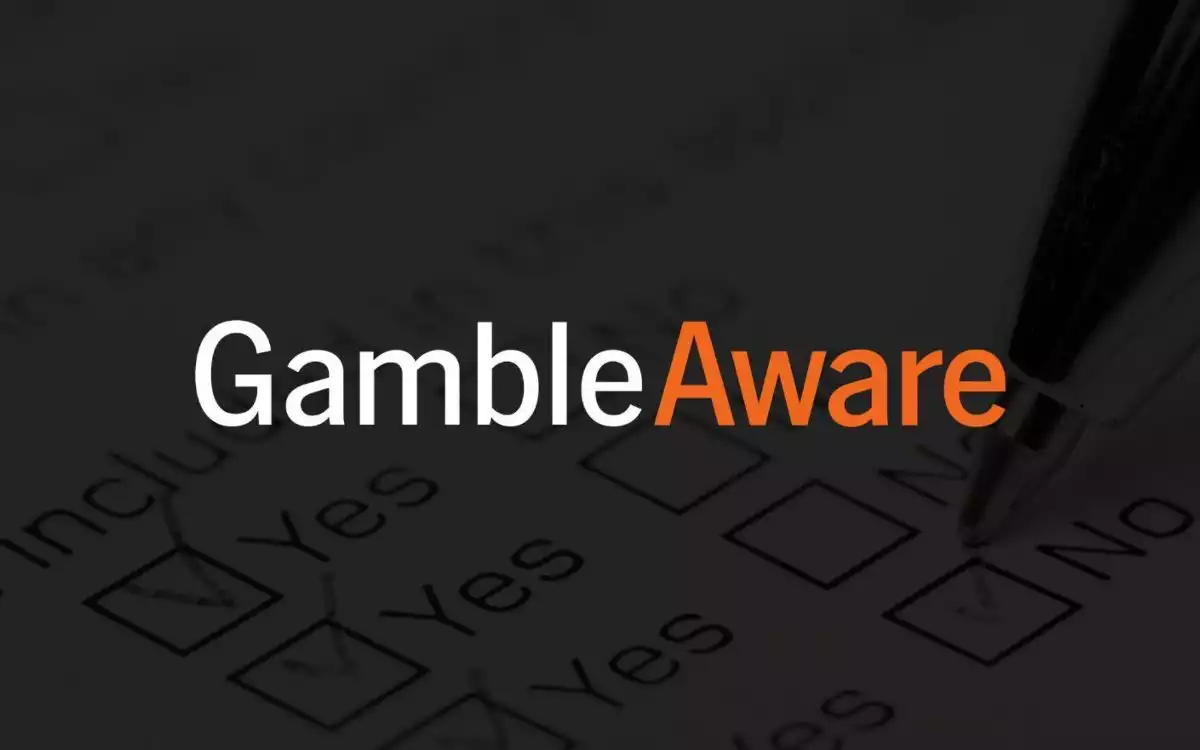More Inclusive Support
GambleAware has released a suite of new tools and a comprehensive report designed to improve support for neurodivergent people experiencing gambling harm. It follows research that found individuals with conditions such as ADHD or autism may face heightened vulnerability. The charity, which leads efforts to prevent gambling harm across the UK, said that the new materials aim to address a significant gap in tailored support and treatment.
The resources, created by IFF Research and Ara Recovery for All, are based on research evidence, expert guidance, and testimonials from neurodivergent people with lived experience of gambling issues. The resources include toolkits, training materials, and case studies. They are intended to help therapists and practitioners better understand the needs of clients who are both neurodivergent and also face potential gambling harms. In a press release, GambleAware said that the goal is to equip professionals with practical approaches that help provide more inclusive support.
The report that informed the resources was funded by GambleAware and conducted in partnership with academics from the University of Bristol. The research found that some neurodivergent people may be more likely to experience gambling harms. The factors that contribute to this include impulsivity, hyperfocus, a need for stimulation, and a preference for rules and routine.
Several participants described using gambling as a coping mechanism, particularly when dealing with social isolation or stress. Paul Nash, a contributor with a lived experience of gambling harm, said that routine plays a significant role. He said: “When you’re autistic, having a routine is important, and for me, gambling was about having a routine; each day I would gamble so I felt that I needed to continue doing that.” Nash, who was addicted for eleven years, said that recovery provided a renewed sense of hope and a new purpose.
The report highlighted many barriers that neurodivergent people face when seeking support. These include a lack of awareness about specialist services, stigma, and fear of judgment. According to GambleAware, these challenges can further isolate individuals and delay access to effective help.
A Complex Relationship
GambleAware CEO Anna Hargrave said the findings demonstrate a “complex link between neurodivergence and gambling.” She noted that factors associated with neurodivergence can both encourage gambling and increase risks. She acknowledged the need to remove stigma and that the lack of tailored support can deter people from seeking help. She said that the new resources ensure treatment of gambling harm is as effective as possible for neurodivergent people.
The research outlines six key principles for improving support and treatment for neurodivergent people experiencing gambling harms. They are adapting communication needs, ensuring clarity and simplicity in all interactions, promoting autonomy and independence, considering sensory sensitivities, encouraging peer networks, and ensuring staff are appropriately trained.
GambleAware also called for a greater neurodiversity focus across the gambling sector. The charity urged operators to consider neurodivergent needs when designing responsible gambling tools and protection measures.









